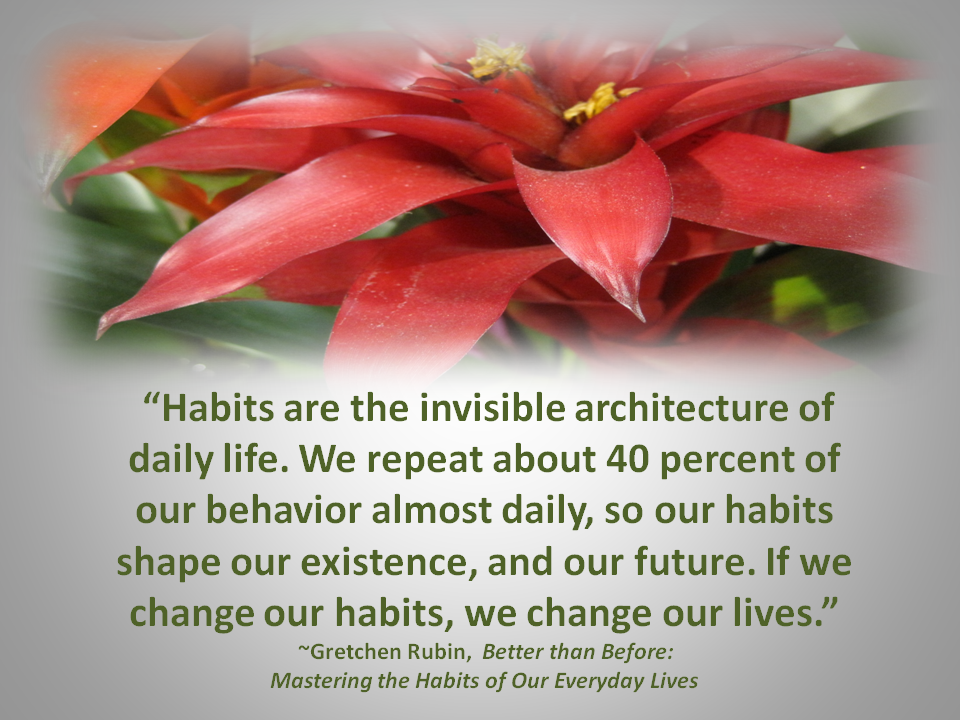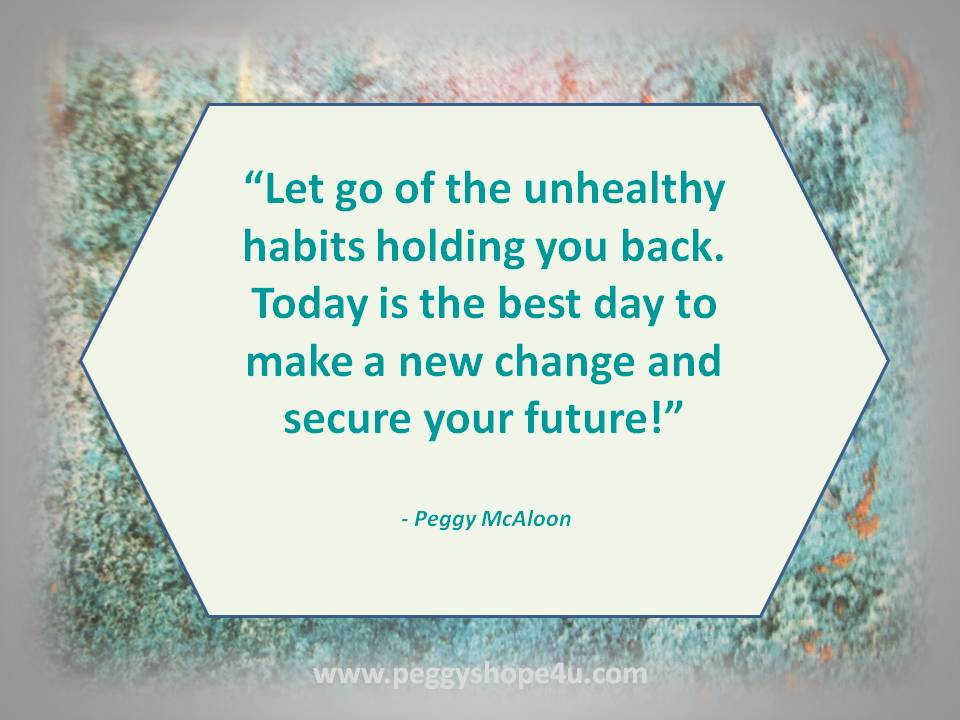Are You Aware of the Everyday Habits Which Direct Your Life?

When I was little, the smell of homemade bread filled our home numerous times each week. We never ate bread that came in a sack from the store. I didn’t know my Everyday Habits of eating warm bread could eventually evolve into a debilitating pattern in later life.
I’m only beginning to understand the intricacies of Thyroid imbalances. My best guess is that I’ve been on Thyroid medications for perhaps twenty years now. But during most of that time, I had no idea it linked to my bloated stomach, weight gain, hair loss, intolerance to cold, depression, muscle and joint aches. No one told me the myriad of symptoms I suffered through two pregnancies and after the car wreck was linked to a Thyroid disorder.
The Key Was Overlooked
I nearly died when my second son was born two months premature. His natural immunities weren’t working, and he was in the ER at least twice each week.
We took him to an allergist who told us to beware of the things the child craved when eating. He explained to us that children and adults would typically desire those things they are most allergic to each day.
Gently, he told me a child would not react with one allergen. The problems begin to escalate when they face three or more at the same time.
Example: If Billy were to jump up and down on the sofa (dust) right after playing with the cat (dander) and while eating an orange (food allergy) it would trigger an allergic reaction which would throw him into one of his auto-immune attacks. Those attacks were deadly.
The child’s temp reached 104 degrees and above, his eyes rolled back in his head, and his skin became opaque with dark blue veins popping up whenever he had one of these attacks.
We raced to the ER so they could attempt to bring the temp down. Eventually, I learned to handle these at home, but it didn’t take the terror of losing him away.
It would be years later when I started applying the same logic I learned that day to my life. I was living in a dream world, married to all the habits which were destroying my health.

The Journey To Changing Unhealthy Habits
Despite how sick I became after the car wreck, I didn’t stop eating bread. My greatest shame was that I could no longer bake homemade bread and rolls for my family.
The children hated the baked loaves in sacks from the store. They said it was slick and “yucky.” (I could no longer knead the dough because of the damage to my neck and shoulders. I had no options.)
I kept eating bread two or three times a day and spent half my days in the bathroom.
It would be another fifteen years before I could admit I have a serious problem with gluten. The family was delighted when they invented the bread machine. It could knead the dough, and we were back in business.
Why didn’t I remember the words of Billy’s allergy specialist from so many years ago? I still love the smell of homemade bread, but my stomach is no longer swollen, and I’m rarely in the bathroom. (Do I cheat? Once in awhile, but I pay a high price.)
What Habits Plague You?
I will be the last person on this earth to convince you that Everyday Habits are easy to change. They’re not.
Change isn’t for the weak of heart.
Developing new and healthier habits is hard work!
One of the habits that infuriate me is our attachment to cell phones.
How many times have I tried to enjoy a dinner out with my husband, only to watch families come in to eat, and the parents spend the entire meal on their cell phones? The kids try to enjoy themselves, but mealtime is a time when the children should be able to enjoy 100% of your attention.
Trust me; you can turn those phones off for the 45 minutes or so it takes to sit down and find out what your children are doing. They deserve at least that much of your undivided attention each day.
How many times have I seen a child roll their eyes when a parent reacts to the vibration? The parents don’t even see their kids do it; they’re too interested in the person contacting them.
Who would you pick first, your child or your friend?
Those Things You Think You Can’t Live Without Are the Very Things Which Limit Your Joy in Life.

Take a lesson from Billy’s Allergist: It’s not just food you need to be aware of each day. No, it’s everything you crave in life that compromises your family life and your future happiness.
The Everyday Habits you do without thinking are the ones that affect your life the most.
Learn to check email only two or three times a day (outside of work hours). You’ll find you can save a ton of time each day to do the things you enjoy. The Everyday Habits you take for granted are making life less enjoyable.
Turn off the cell phone. That’s right, close it down completely when you get in the car and when you sit down to eat with your family. Turn it off when you go to the beach or the zoo. One day you won’t be there to pay attention any longer, and it’s something I hope your family misses when you’re gone. It’s called “Your Time With Them.”
Forgo that third cookie. Try eliminating gluten, milk, and peanuts for three weeks to see if it makes a difference in how you feel. These Everyday Habits adversely affect 1 out of every five women.
Guarantee you receive an adequate amount of sleep (Source: Time.com):
- Newborns (0-3 months ): Sleep range narrowed to 14-17 hours each day (previously it was 12-18)
- Infants (4-11 months): Sleep range increased two hours to 12-15 hours (previously it was 14-15)
- Toddlers (1-2 years): Sleep range widened by one hour to 11-14 hours (previously it was 12-14)
- Preschoolers (3-5): Sleep range increased by one hour to 10-13 hours (previously it was 11-13)
- School-age children (6-13): Sleep range widened by one hour to 9-11 hours (previously it was 10-11)
- Teenagers (14-17): Sleep range increased by one hour to 8-10 hours (previously it was 8.5-9.5)
- Younger adults (18-25): Sleep range is 7-9 hours (new age category)
- Adults (26-64): Sleep range did not change and remains 7-9 hours
- Older adults (65+): Sleep range is 7-8 hours (new age category)
Switch from mixed drinks to a robust red wine in moderation: Ten signs you’re drinking a little too much: Here’s how to know when enjoying the odd glass of wine slips into something harmful.
Limit your screen time, especially near bedtime. Screen Time for Adults: Setting Limits for Yourself (and your inner child).
What Everyday Habits do you struggle with in life? Please share them in the comments below, so we can all work together to recognize Everyday Habits for what they are and find the solutions to a better life.